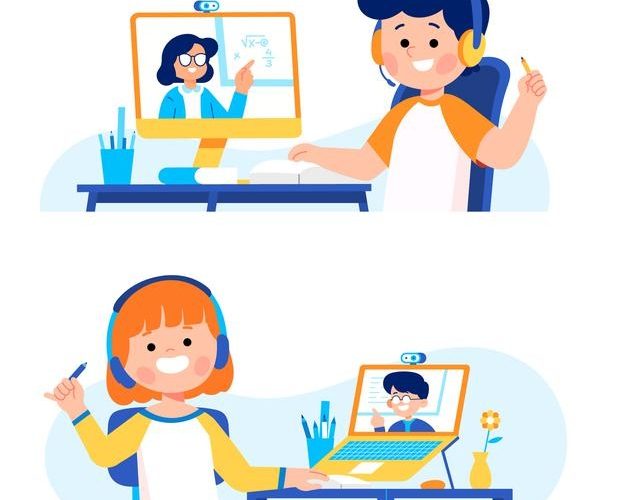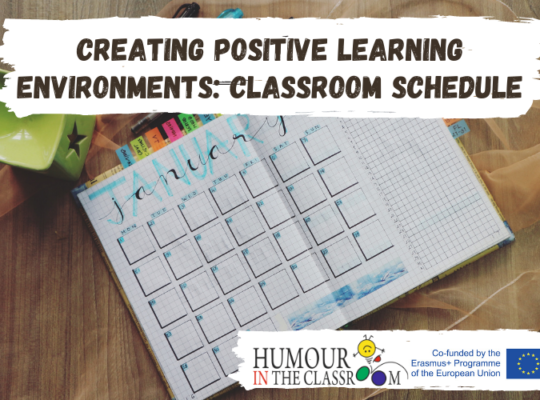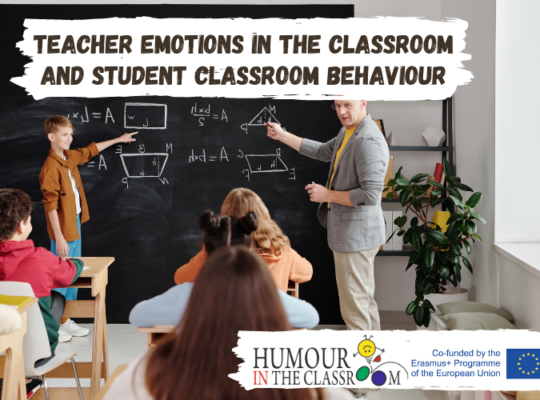In recent years, online learning has been broadly preferred due to the expanding interest for diverse instructional purposes. Many higher education institutions benefit from the potential of online learning by implementing a variety of learning environments. Asynchronous online learning is preferred over other forms of online learning in the education of large masses. In asynchronous online learning, the learning process is generally conducted through course materials, quizzes, assignments, and discussion activities where students often enhance learning themselves and carry out activities with their own strategies. Challenges may create situations affecting their academic success, such as boredom (Park & Lim, 2019), lack of interest in the course, dropout, and unwillingness to take responsibility (Kim et al., 2017). Since humour creates a non-intimidating learning atmosphere, it can contribute to students’ willingness to perform the assigned tasks (Baxter & Wilmot, 1984; Graham, 1995). The study was undertaken based on the idea that the potential of humour can be realized in online learning. Humour is a word, concept, or situation that entertains, relaxes, or makes people laugh thanks to its pleasant characteristics (Balta, 2016). In this study, humour is evaluated within the scope of humorous elements integrated into online learning components for attention grabbing, recalling, feedback, and humour breaks. Considering the relationship of humour with the learning process, Glenn (2002) asserts that humour has the potential to involve students in the learning process by focusing on the knowledge they need to learn by creating a positive, emotional, and social environment. However, the use of humour requires delicate balances, as humour directly touches the learning atmosphere (Hellman, 2007) because students may miss the focus they need for learning and concentrate on the humour instead, consequently merely having fun rather than learning. In using humor in the learning process, there are suggestions for educators to be natural, devise word games (contrast, alliteration or abbreviation), know the students well, and to accompany the humorous approach of the students. Dormann and Biddle (2006) states that humor can have a positive effect on motivation in the learning process as it can provide students with creative thinking skills while performing learning activities.
Full research and paper you can find here: https://rdcu.be/cC1lm







best canadian pharmacy https://canadianpharmaceuticalsonline.home.blog/
Thank you. I value this.